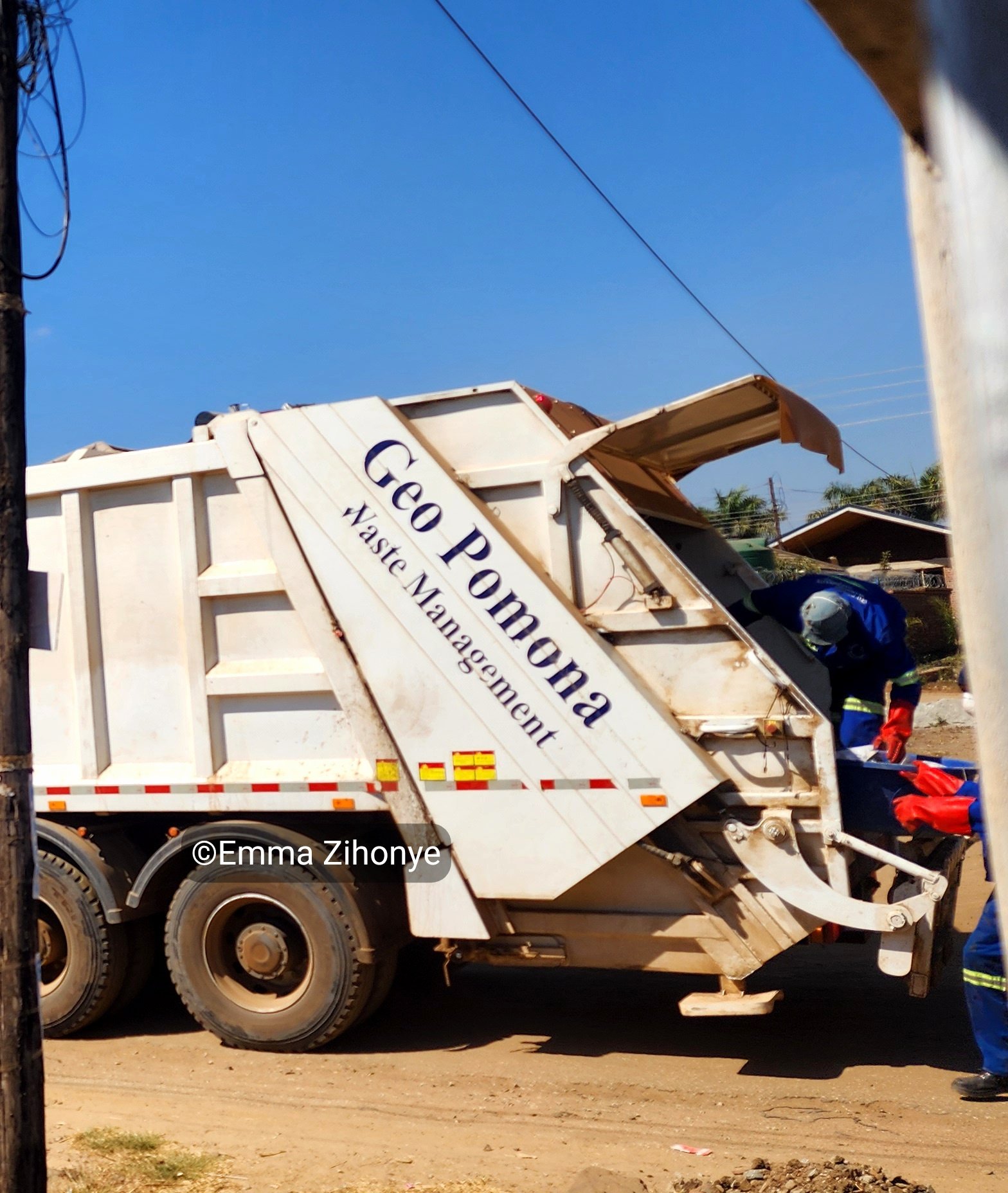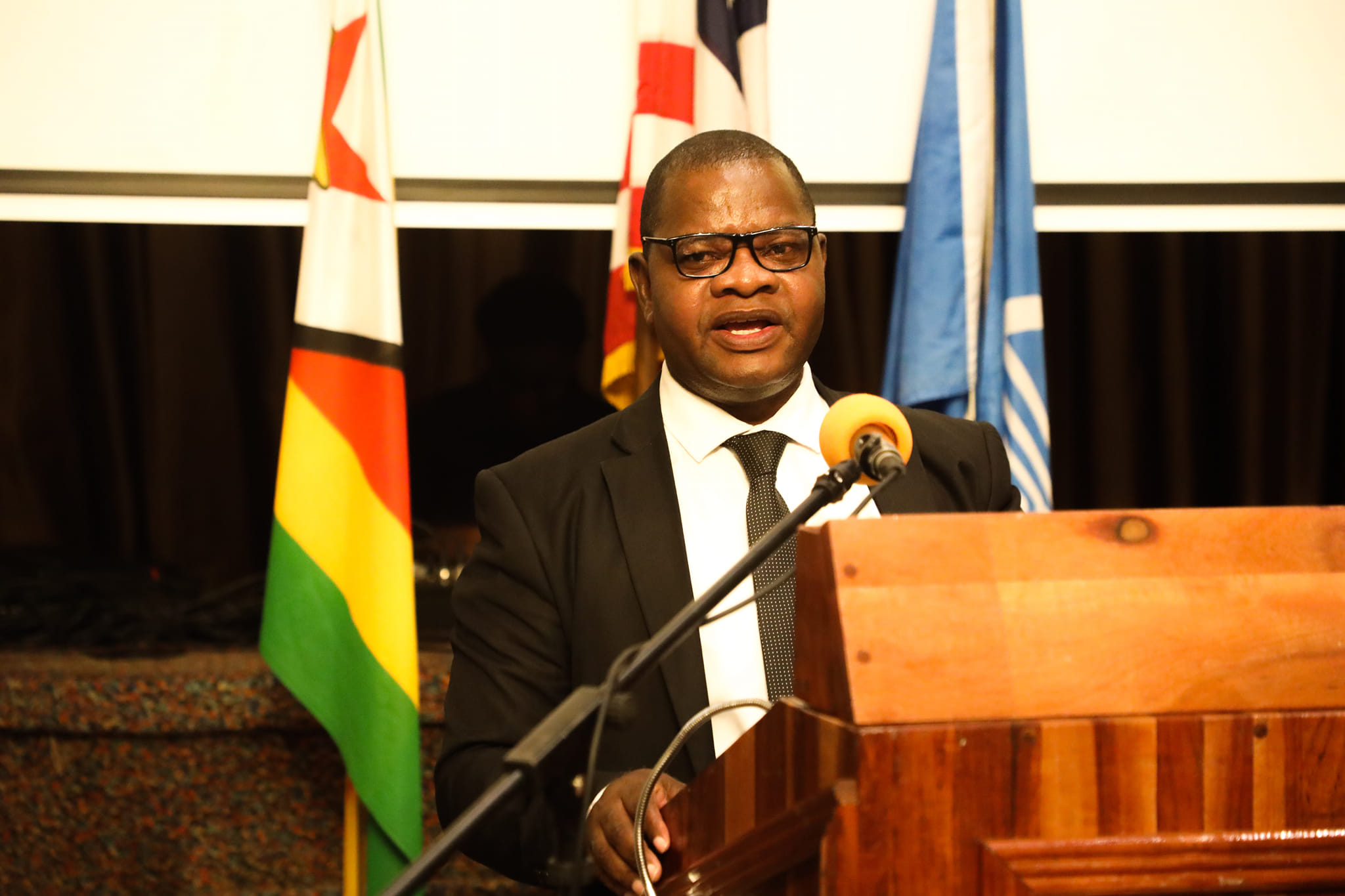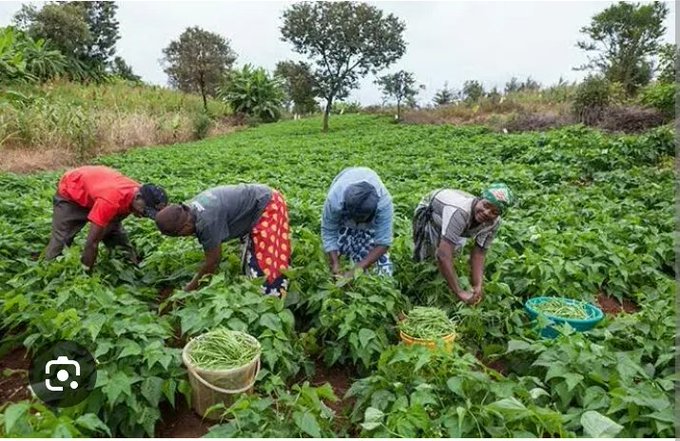Geo Pomona model could turn Byo’s garbage into fertile ground
Nature and ManZW Team
Aug 06, 2025

Nature and ManZW Team
Aug 06, 2025

Sharleen Mohammed
Bulawayo’s current waste crisis has dominated headlines, with the Ngozi Mine Landfill site coming under increasing scrutiny due to uncontrolled fires, choking fumes, and growing public health concerns. But beyond the environmental emergency lies an untapped opportunity one that could help transform the city’s waste not only into clean urban spaces but also into agricultural potential that supports Zimbabwe’s development goals.
As the second-largest city in the country, Bulawayo’s waste situation is no longer a municipal issue alone; it’s a national concern. Yet, as Harare has begun to demonstrate through the Geo Pomona Waste Management model, waste doesn’t have to end in landfills. It can be redirected, repurposed, and re-imagined as a valuable resource that supports environmental, economic and agricultural sustainability. The government, through its commitment to modernizing urban infrastructure and achieving the goals of the National Development Strategy 1 (NDS1), has laid the policy groundwork. What’s needed now is implementation with proven partners.
Geo Pomona Waste Management Pvt Ltd is uniquely positioned to replicate its Harare success story in Bulawayo. With its modern fleet of machinery, waste handling systems, and public-private partnership model, Geo Pomona has shown that waste can be systematically managed to reduce health hazards, eliminate fires, restore order in landfill operations and generate electricity to curb incessant blackouts. But more importantly, the company’s operations present an opportunity for agricultural innovation.
A significant portion of urban waste is biodegradable and can be turned into high-quality compost and bio-fertilizer. In a time when smallholder farmers across the country are grappling with high input costs and soil degradation, the idea of converting city waste into affordable organic fertilizer could be a game-changer. The potential to support Peri-urban and rural farmers with sustainable inputs aligns well with the Ministry of Lands, Agriculture, Fisheries, Water and Rural Development’s goals of promoting climate-smart agriculture.
Bulawayo’s surrounding communities, such as Cowdray Park, are not only affected by the landfill crisis but are also home to many emerging farmers who could benefit from waste-to-compost programs. This model would see waste collected from homes, markets, and institutions being processed into compost and redirected to support urban and Peri-urban agriculture.
Through education and community engagement, which Geo Pomona has already piloted successfully in Harare, residents can be empowered to separate waste at source and participate in a citywide greening initiatives.
The Environmental Management Agency (EMA) has long raised concern about the impact of un-managed waste on human health and the environment. A partnership between Bulawayo City Council, EMA, and a capable operator like Geo Pomona could create a well-coordinated effort that addresses environmental hazards, improves food security, and advances Zimbabwe’s sustainability agenda.
This is not merely about fixing a landfill. It is about rethinking waste in a way that places the economy, agriculture, health, and the environment at the center of city planning. Bulawayo now has a unique chance to turn crisis into opportunity. With the right model, waste can fuel growth quite literally by fertilizing the ground beneath our feet.
By bringing in the Geo Pomona model to Bulawayo, the government would not only be restoring order to the city’s waste management system but also cultivating a future where urban waste becomes a foundation for rural resilience and sustainable national food security.

Access to proper nutrition remains a challenge for many households affected by H...

Zimbabwe’s Ministry of Lands and Agriculture is pushing for 10% of the 2026 nati...

In the dusty plains of Mwenezi, a community once marked by hardship is now rewri...

To grow more food, we must first understand our soil. Fertiliser company Nutrima...